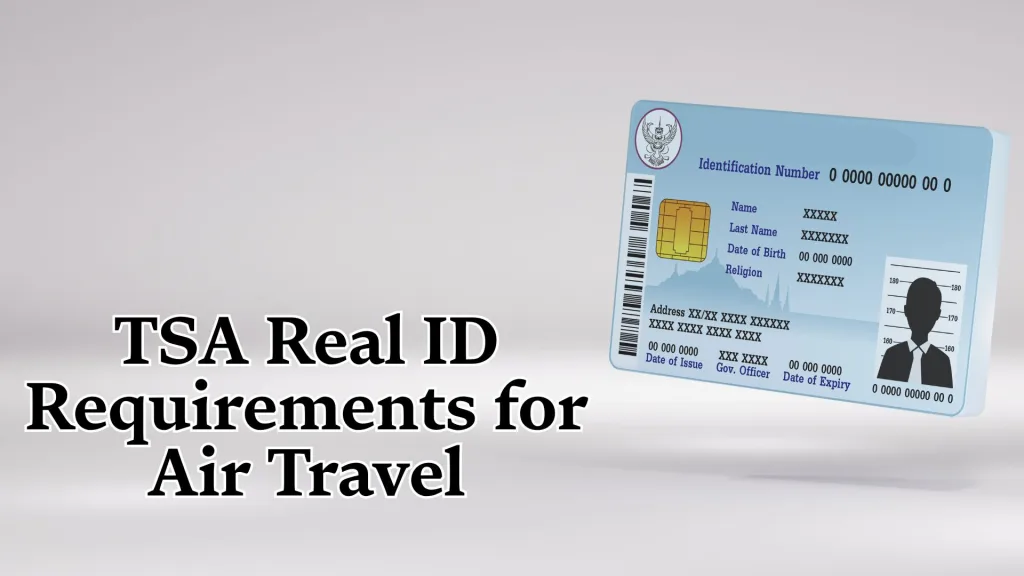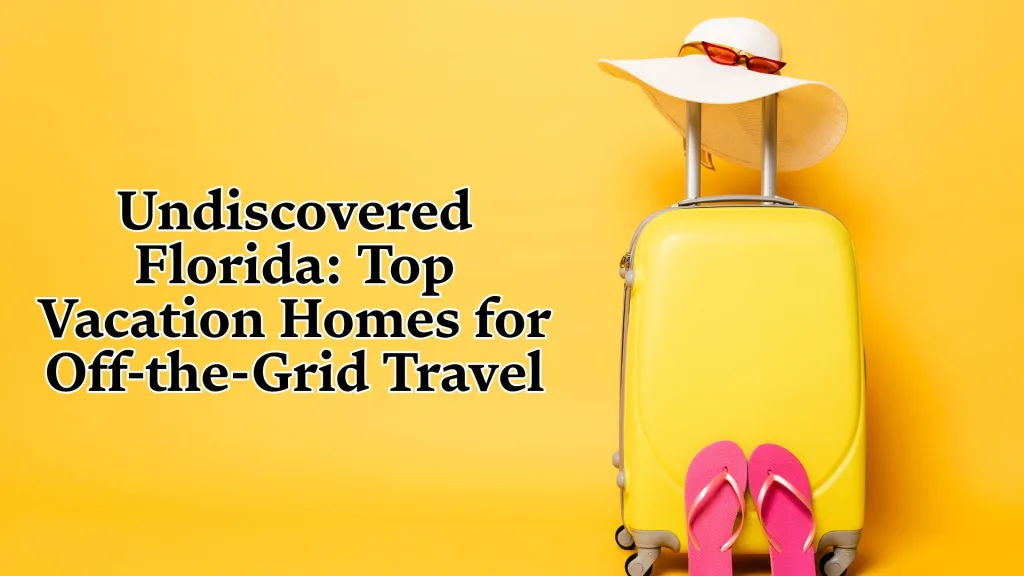Essential Tips for Successful Corporate Event Planning in San Francisco
Planning a corporate event in San Francisco presents unique challenges due to its weather patterns, transportation issues, hidden costs, and potential technical difficulties.
With its Mediterranean climate and the high possibility of unexpected weather shifts, organizers need to anticipate various conditions when planning outdoor events. Additionally, San Francisco’s transportation system, while convenient, requires strategic planning to avoid disruptions caused by the city’s bustling events and street closures.
Budgeting for an event in the city can also be tricky due to hidden fees from venues and vendors. Moreover, technical failures can arise if thorough preparation is neglected. Successful event planning in San Francisco, California demands attention to these challenges and a proactive approach to ensure everything runs smoothly.
Timing and Location Challenges for Corporate Event Planning
Planning a corporate event in San Francisco forces you to think about the city’s weather patterns and how people get around. These elements can affect your event’s success, whatever the season or location.
Weather impact on outdoor events
San Francisco’s Mediterranean climate brings both opportunities and challenges to corporate events. The city stays warm and dry with mild temperatures year-round. The best time to host corporate gatherings is fall. September and October give you the most stable weather for outdoor activities.
Winter temperatures usually stay in the low 50s Fahrenheit, but the city’s weather likes to surprise you. Sometimes temperatures stick to the high 60s until early December. That’s why you need backup plans for outdoor events.

Recent climate changes are reshaping event planning:
- Night temperatures are higher now and affect evening outdoor events
- Heat waves happen more often
- Air quality gets worse during warm spells
- Winter months bring flood risks
Traffic and transportation issues
Your San Francisco corporate event’s success depends on how well you handle transportation. The city saw 41 traffic fatalities in 2024. This shows why transportation planning matters so much. Street closures pop up everywhere – from parades to community fairs – and can throw a wrench in your plans.
Big events are a big deal as they mean that traffic patterns change. Fleet Week, sports events, and cultural celebrations pack the streets. You need to check the city’s event calendar before picking your dates.
The city’s public transportation system helps solve these problems.
Cable cars and other transit options take you to many venues. Event planners should look at:
- How easy it is to reach venues by public transport
- How close venues are to transit hubs
- Different routes to use during rush hour
- How other city events might affect travel
Success comes from seeing these challenges ahead of time. To name just one example, the city wants event permits 7-10 days after the hearing. You must talk to special events officers at least a month before bigger gatherings.
Understanding how San Francisco’s transportation works helps you avoid common mistakes. The city’s connected public transportation system works well for attendees, but you still need solid planning to make everything run smoothly.
Budget Planning Mistakes to Avoid
Money can make or break corporate events in San Francisco. My experience managing hundreds of events has shown how unexpected costs derail even the best-planned gatherings.
Hidden costs in San Francisco venues
San Francisco venues average $228 per hour, while larger spaces cost about $259 per hour. These base rates tell only part of the story. Service charges add 20% to venue costs, and applicable taxes pile on another 9%.
A $10,000 venue rental could cost you an extra $2,000 in service fees and $900 in taxes. Event planners often miss these hidden costs because venues don’t clearly outline them in their quotes.

You should watch for these hidden expenses:
- Amenity fees for tables, chairs, and AV equipment
- Mandatory insurance and permits
- Cleaning and maintenance deposits
- Extended setup or breakdown time charges
- Corking fees or minimum spending requirements for alcohol service
Vendor selection errors
The costliest vendor mistakes come from focusing only on upfront pricing. Looking at costs over 5-10 years shows initial prices make up just 15-20% of the total investment.
Corporate event planners often choose vendors without proper evaluation. They don’t scrutinize vendors as carefully as private event organizers do. The reason? Personal investment in the budget pushes people to vet vendors more thoroughly.
Your vendor selection should include these factors:
- Vendor’s track record with similar events
- Flexibility in contract terms
- Emergency support availability
- Integration capabilities with other services
- Future scalability options
Successful vendor relationships thrive on clear communication and detailed contracts. You can unlock big discounts by bundling services and booking during off-peak times often reveals promotional packages. Venues that include AV equipment, furniture, or decor can save you thousands on rentals.
Breaking down expenses into specific categories and tracking them helps you stay organized. This approach will give a clear picture of your spending while creating meaningful experiences. Simple corporate events in San Francisco need $200 per person, while high-end, white-glove events might cost up to $1,000 per person.
Event producers with good reputations can save you 20-80% on expenses through their strategic collaborations. These professionals get better rates because of their long-term partnerships and industry connections.
Technology and Equipment Issues
Technical problems can quickly turn a promising corporate event into a nightmare. My years of organizing corporate events in San Francisco have shown how small technical issues create big headaches.
Common technical failures
We noticed most technical failures at corporate events happen due to poor preparation and testing. A microphone cutting out during a keynote speech or a blank presentation screen can waste months of planning. These problems pop up more often when companies try to save money by letting their internal teams handle technical logistics.
Internet connection stands out as the biggest problem for San Francisco corporate event venues. The venue’s technical capabilities need a full check during pre-event planning. Event organizers should get answers about:
- Network dedication and security
- WiFi coverage in all areas
- Technical support availability
- Compliance with data privacy regulations
Backup solutions
Events need detailed backup strategies to succeed. Professional production companies provide state-of-the-art AV equipment and skilled technicians who watch over every technical detail from setup to finish. These strategic collaborations are a great way to get help when unexpected problems show up.

A strong backup plan has these vital elements:
- Dedicated onsite technical support with direct contact numbers
- Multiple rehearsals before the event to test all systems
- Master contact list containing vendor information and WiFi passwords
- Emergency response protocols for various scenarios
Event organizers should avoid making too many major technical changes close to the event date. This strategy keeps internal teams from getting overwhelmed and lowers the risk of technical failures.
Event planners must focus on these areas to run things smoothly:
- Active monitoring of all systems and networks
- Quick response to technical complaints
- Live updates management
- Multimedia support for presenters and sponsors
San Francisco corporate events’ success depends on careful technical planning that starts well before the event. This planning covers venue requirements, internet needs, and choosing the right equipment. Experienced audiovisual partners who know these ins and outs help ensure smooth execution with minimal technical hiccups.
Efficient Transportation Solutions for Corporate Events in San Francisco
Efficient corporate event transportation is key to ensuring your attendees can navigate the city with ease. Charter shuttle companies offer reliable and professional charter services tailored to corporate needs, providing a range of vehicles from 56-passenger charter buses to smaller minibuses.
These companies have fleets designed to accommodate groups of all sizes, ensuring comfort and convenience as attendees travel between event venues, hotels, and local attractions.
Conclusion
Successfully organizing a corporate event in San Francisco requires detailed preparation and awareness of potential obstacles. Whether it’s managing the city’s weather, navigating its transportation landscape, or budgeting effectively, every aspect needs to be carefully planned.
By anticipating challenges and working with experienced vendors and service providers, event planners can overcome the city’s complexities and create a seamless, memorable experience. Effective communication, thorough vendor vetting, and a solid backup plan for technical issues are key to ensuring your event’s success.
FAQs
Q1: What is the best time of year to host an outdoor corporate event in San Francisco?
The best time for outdoor events is in the fall, particularly September and October, when the weather is most stable and mild.
Q2: How can I avoid hidden fees when booking a venue in San Francisco?
Be sure to ask for a detailed breakdown of costs, including service fees, taxes, and mandatory charges such as cleaning, insurance, and equipment rentals.
Q3: What should I consider when choosing vendors for a corporate event?
Evaluate vendors based on their track record, flexibility, emergency support, and ability to integrate with other services. Additionally, long-term vendor relationships can provide cost savings.
Q4: How can I prevent technical issues during my event in San Francisco?
Perform thorough testing and rehearsals before the event, ensure reliable internet connections, and have dedicated technical support available on-site to address any issues that arise.
Q5: What transportation issues should I consider when planning a corporate event?
Be aware of street closures and changes in traffic patterns due to city events. Plan transportation routes and consider the proximity of venues to public transit hubs to ensure easy access for attendees.






